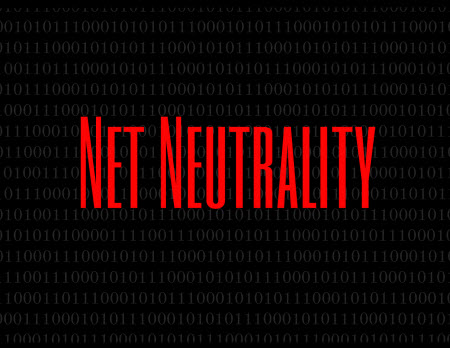Drilling Down on FCC’s Deregulation Order
The smarter way to stay on top of the multichannel video marketplace. Sign up below.
You are now subscribed
Your newsletter sign-up was successful

WASHINGTON — The Federal Communications Commission has made its rather ponderous case (in more than 200 pages) for rolling back network neutrality regulations and turning over its enforcement to the Federal Trade Commission.
Its language in the “Restoring Internet Freedom Order” includes this case-by-case enforcement by other agencies of perceived non-neutral actions. It also covers all of the internet ecosystem — including the Googles and Facebooks and Twitters or the world — and suggests this approach is preferable to “thou shalt not” mandates on internet service providers alone. That way, it does not nip “new innovative business arrangements” in the bud and allows the “ever-evolving internet ecosystem” to, well, ever evolve.
Democrats were not buying into that, and instead collected enough supporters, including one moderate Republican in Sen. Susan Collins of Maine, to force a vote on nullifying the rollback of the FCC’s Title II-based internet rules (see Rules). That is a long shot, but one also aimed at picking off more Republicans at midterm election time, given the importance of the net neutrality issue among millennials.
The order defines just what ISPs will have to disclose under enhanced rules that still manage to reduce the reporting requirements in the 2015 order. The following practices listed are not barred by FCC rules, but are ones the FTC or the Justice Department could decide were anticompetitive or unfair.
• Blocking: “Any practice (other than reasonable network management elsewhere disclosed) that blocks or otherwise prevents end-user access to lawful content, applications, service, or non-harmful devices, including a description of what is blocked.”
• Throttling: “Any practice (other than reasonable network management elsewhere disclosed) that degrades or impairs access to lawful internet traffic on the basis of content, application, service, user or use of a non-harmful device, including a description of what is throttled.”
• Affiliated Prioritization: “Any practice that directly or indirectly favors some traffic over other traffic, including through use of techniques such as traffic shaping, prioritization or resource reservation, to benefit an affiliate, including identification of the affiliate.”
• Paid Prioritization: “Any practice that directly or indirectly favors some traffic over other traffic, including through use of techniques such as traffic shaping, prioritization or resource reservation, in exchange for consideration, monetary or otherwise.”
• Congestion Management: “Descriptions of congestion management practices, if any. These descriptions should include the types of traffic subject to the practices; the purposes served by the practices; the practices’ effects on end users’ experience; criteria used in practices, such as indicators of congestion that trigger a practice, including any usage limits triggering the practice, and the typical frequency of congestion; usage limits and the consequences of exceeding them; and references to engineering standards, where appropriate.”
• Application-Specific Behavior: “Whether and why the ISP blocks or rate-controls specific protocols or protocol ports, modifies protocol fields in ways not prescribed by the protocol standard, or otherwise inhibits or favors certain applications or classes of applications.”
• Device Attachment Rules: “Any restrictions on the types of devices and any approval procedures for devices to connect to the network.”
• Security: “Any practices used to ensure end-user security or security of the network, including types of triggering conditions that cause a mechanism to be invoked (but excluding information that could reasonably be used to circumvent network security).”
The order points out that it relies on other agencies’ enforcement of lawbreakers.
The smarter way to stay on top of the multichannel video marketplace. Sign up below.
Contributing editor John Eggerton has been an editor and/or writer on media regulation, legislation and policy for over four decades, including covering the FCC, FTC, Congress, the major media trade associations, and the federal courts. In addition to Multichannel News and Broadcasting + Cable, his work has appeared in Radio World, TV Technology, TV Fax, This Week in Consumer Electronics, Variety and the Encyclopedia Britannica.

